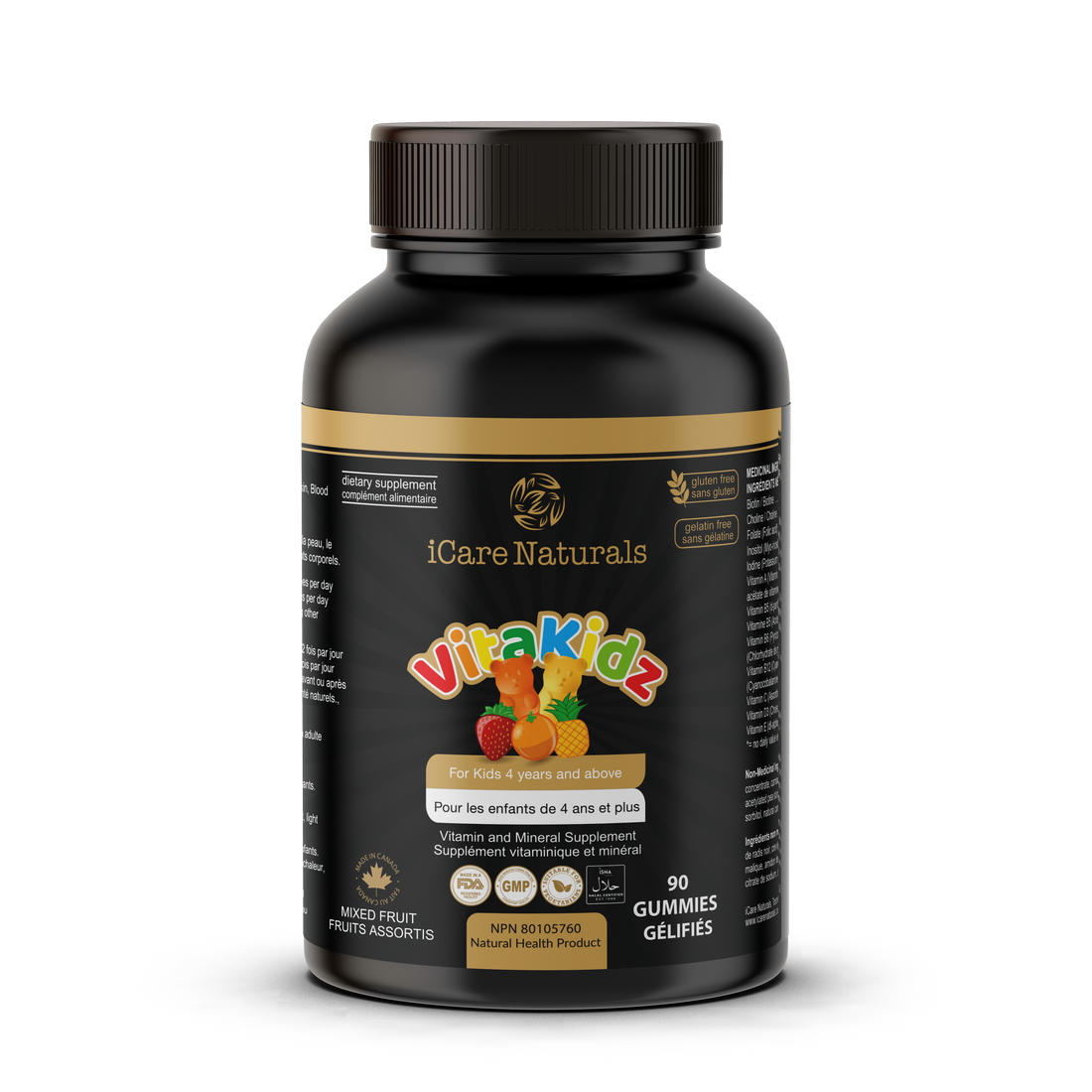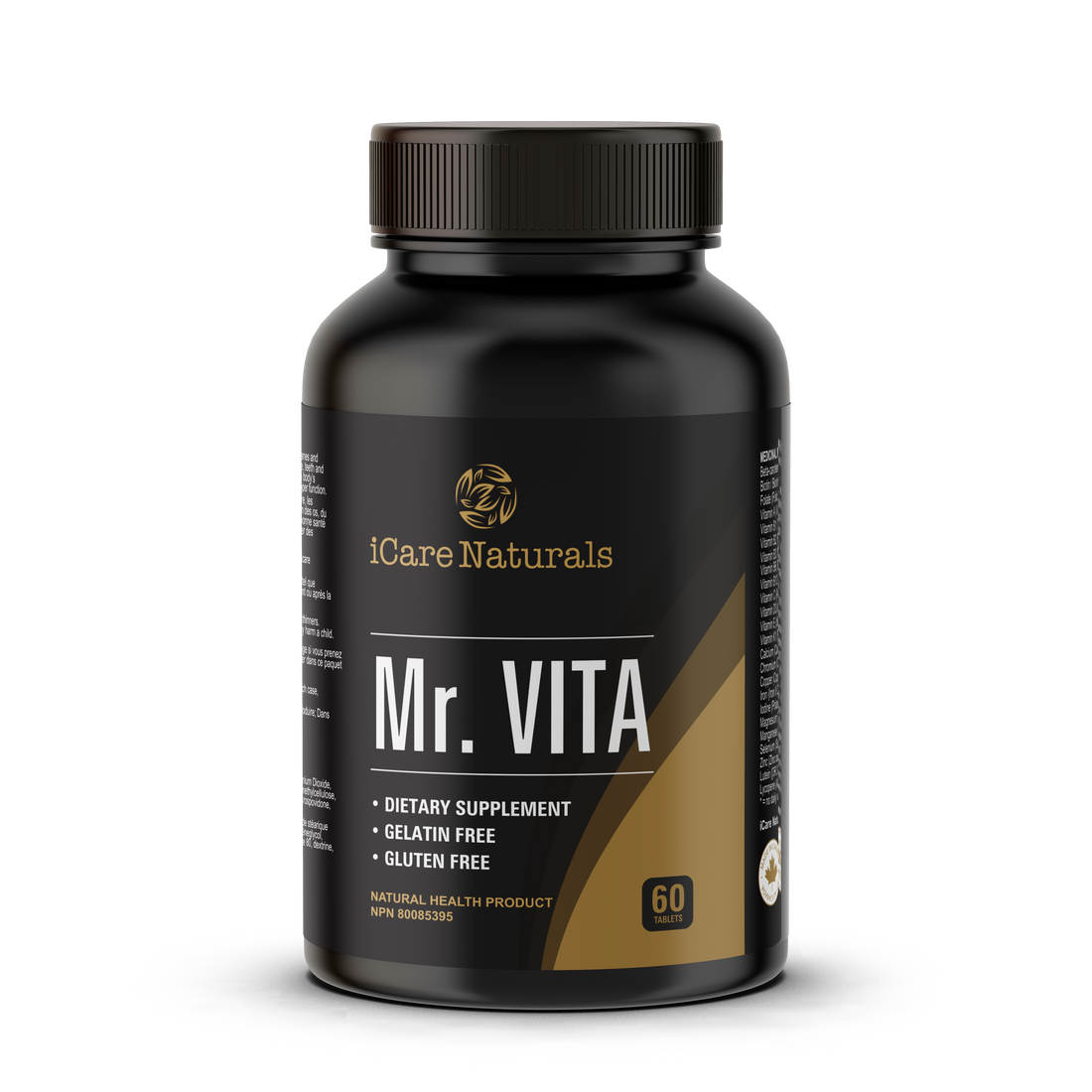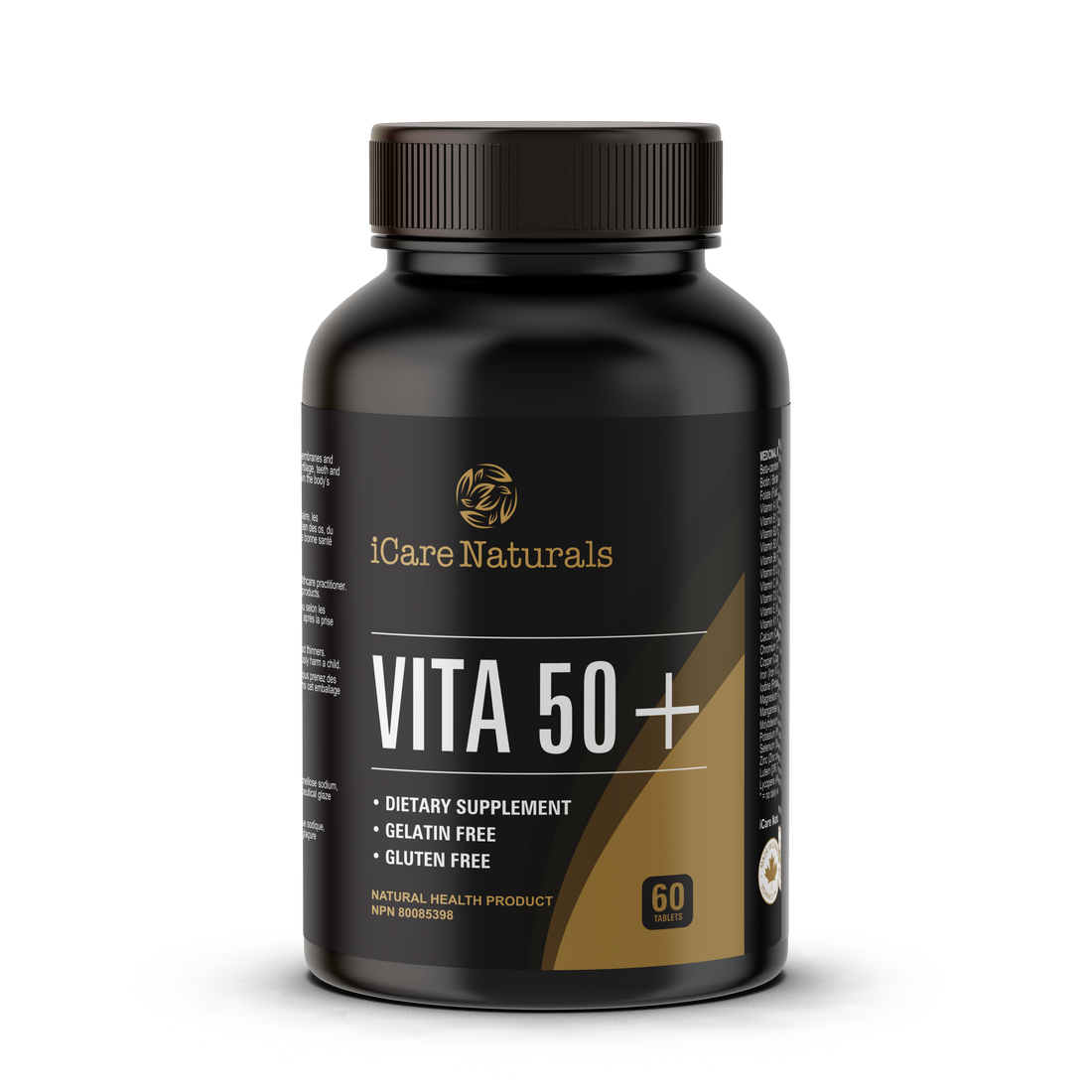Omega Fatty Acids
Omega-3 fatty acids are incredibly important for your body and brain. They help keep you healthy by reducing inflammation, fighting off chronic diseases, and even strengthening your heart. Omega-6 fatty acids are also common in the American diet. But, they aren't as good for you as omega-3s because they can cause inflammation and contribute to chronic disease. Omega-9 fatty acids are a type of fat found in olive oil and avocados and they're good for your heart but they don't have the same benefits that omega 3s do either. The takeaway here is that all three types of omegas are great for us—they just offer different benefits—and we should all try our best to get them every day.
Omega-3 fatty acids are incredibly important for your body and brain. They're linked to a host of health benefits, including improved heart health, better skin condition, anti-inflammatory properties, and reduced symptoms of anxiety and depression.
Here's what you need to know:

Omega-6 fatty
Omega-6 fatty acids are also common in the American diet. But, they aren't as good for you as omega-3s.
Omega-3 fatty acids have been associated with improved heart health, mental health, and reduced inflammation (to name a few). Omega-6 fatty acids don't share these same benefits—and some studies show that too much can be bad for you.
Omega-9 fatty
Omega-9s are a type of fat found in olive oil and avocados. They're good for your heart, but they don't have the same benefits that omega 3 and 6 do. The body produces omega 9s on its own and they're not considered essential fatty acids, which means we can get enough of them without having to get them from our diet. There's no recommended daily intake (RDI) for omega 9s because you can make enough on your own. Omega 9s come from plants as well as animals, so they're not just limited to plant sources like flax seeds or walnuts—they can also be found in meat from animals raised on grassy pastures rather than feedlots where they eat grain-based diets high in corn or other grains instead of grasses.

Another difference between these types of fats is that unlike omega 3s and 6s which occur naturally in foods like fish oils, nuts, and seeds; there is no such thing as an "omega 9" supplement pill (although some companies will try to convince you otherwise). While some research suggests that increasing consumption levels may reduce inflammation-related diseases like arthritis pain or reduce risk factors associated with heart disease; there isn't any conclusive evidence yet whether taking high doses over time improves overall health outcomes—even though many people take them anyway due to their perceived benefits!
Foods containing omega 3, 6, and 9
You should eat foods containing omega 3, 6, and 9 every single day because they are good for you. You can get them from fish oils or flaxseed oil, but it's also possible to find them in some vegetables like spinach and kale.
When you take an omega-3 supplement, there isn't any research that shows that these supplements actually help with weight loss. Omega 3s are really important for your brain though! This means that you should take a supplement if you don't eat enough seafood (like salmon) every single day.
Omega 6s are also common in the American diet but they aren't as good for your body as omega 3s which makes sense because we need more of the first one than the second one. However, this doesn’t mean that it won’t have any benefit at all so if there is no other way then go ahead and eat some chicken!
Omega-3s
Omega-3s are really great for your body, omega-6s can be replaced with omega 3s, and omega 9s aren't bad but don't give you the same benefits that 3s do
Omega-3 fatty acids are essential to human health. They are found in many foods, including fish and shellfish, nuts, seeds, flaxseed oil, or canola oil. You might be surprised to learn that your body doesn't make omega-3s on its own; you have to get them from food or supplements.
In fact: “Omega-3s are great for your heart. They help lower blood pressure and triglycerides (a type of fat in your blood), which can reduce your risk of cardiovascular disease." Because of their beneficial effects on the heart and other organs throughout the body—including brain function—many people take supplemental forms such as fish oil capsules every day--which leads us back to our original question: what do these fatty acids do?

Omega-3 fatty acids are polyunsaturated fats that are commonly found in fish and other seafood. They're also found in plant sources such as flaxseed oil, walnuts and soybeans. Omega-3s are considered essential fatty acids because your body can't make them from other nutrients; you have to get them from food or supplements.
Conclusion
The bottom line is that omega-3s are really great for your body and brain. Omega-6s can be replaced with omega 3s and they're still good for you but they don't have the same benefits as omega 3s do. Omega 9 fatty acids are found in olive oil and avocados, but they aren't bad for you either because they help your heart stay healthy without giving you too much cholesterol like other fats do (like saturated fat). Eating foods containing omega 3, 6, or 9 every single day will ensure that you're taking care of yourself properly!










